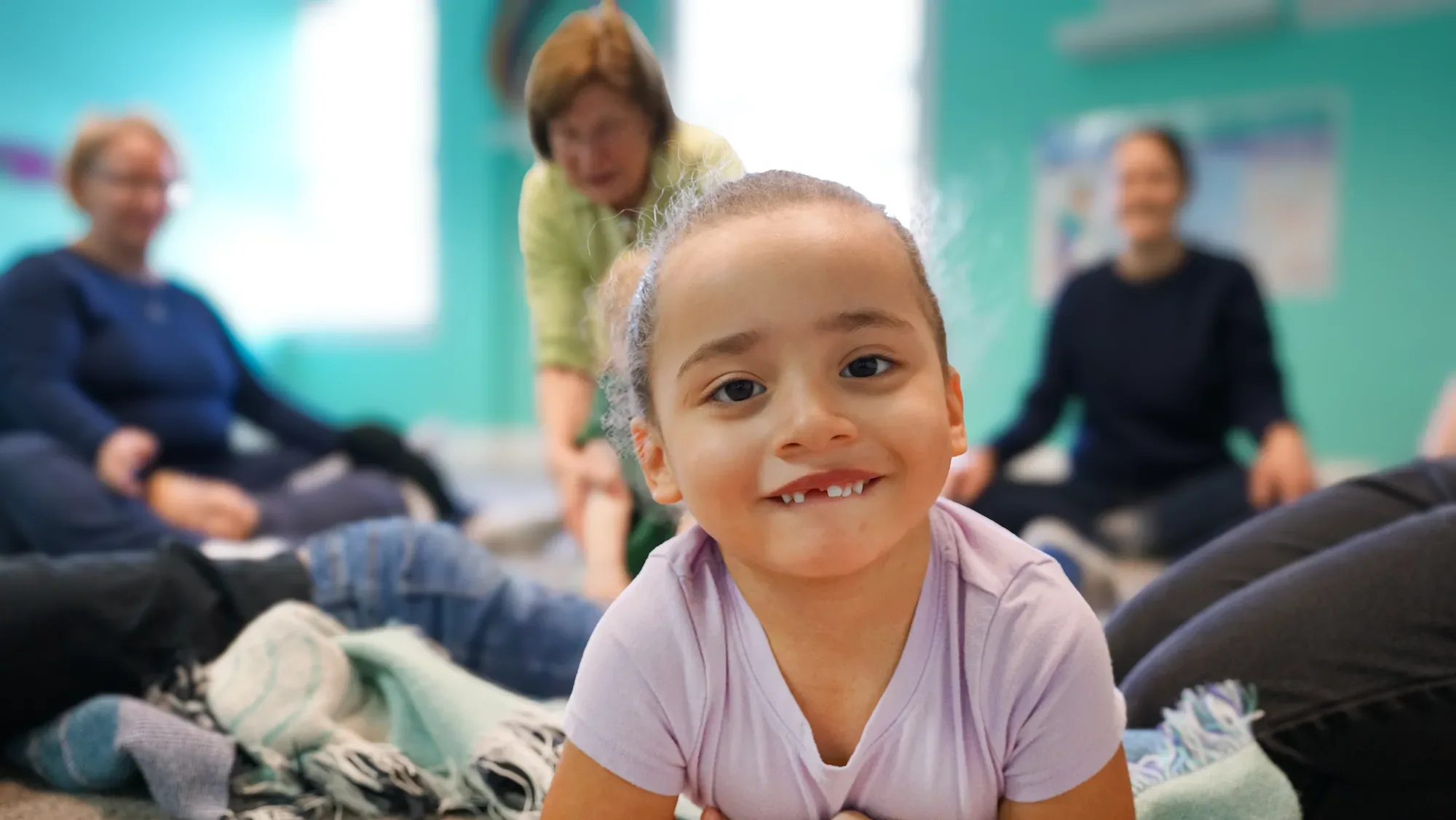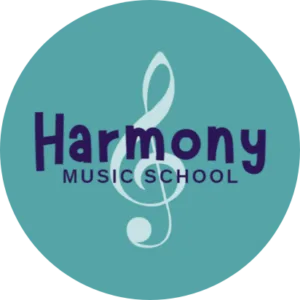
From lullabies to rhythm games, music is often a joyful part of childhood. But did you know that music also plays a powerful role in child development? Whether it’s through a structured music class or simply singing at home, music offers lasting cognitive, social, emotional, and physical benefits for young children.
At Harmony Music School, we see this transformation every day—children who come alive through melody, movement, and connection. Here’s a closer look at how music education nurtures young minds and helps children grow in every way.
1. Boosts Brain Power and Cognitive Development
Research shows that early exposure to music helps form strong neural connections in a child’s developing brain. Music stimulates areas tied to language, math, and problem-solving.
-
Language & Literacy: Singing songs with lyrics builds vocabulary and comprehension. Repetition of sounds, rhythms, and rhymes enhances phonological awareness—an essential building block for reading.
-
Memory & Focus: Learning a melody, remembering a movement sequence, or following along in a group sharpens concentration and short-term memory.
-
Math Readiness: Music teaches children to recognize patterns, count beats, and anticipate rhythm changes—all of which reinforce early math concepts like sequencing, addition, and division.
2. Fosters Emotional Expression and Social Growth
Music is a safe and joyful outlet for self-expression. It provides young children with the tools to recognize, process, and communicate emotions.
-
Confidence & Self-Esteem: Performing in front of others or mastering a new rhythm gives children a sense of pride and accomplishment.
-
Empathy & Emotional Awareness: Songs with emotional tones help children understand feelings, both their own and those of others.
-
Social Interaction: Group music classes, like Kindermusik, offer opportunities to share instruments, take turns, and collaborate—all crucial skills for social-emotional development.
3. Supports Physical and Motor Skill Development
Music naturally encourages movement, and that movement plays a huge role in developing coordination and control.
-
Gross Motor Skills: Dancing, marching, and bouncing to music strengthen core muscles and improve balance and spatial awareness.
-
Fine Motor Skills: Playing small instruments (like egg shakers or rhythm sticks) refines finger and hand coordination, preparing children for writing and other daily tasks.
4. Strengthens Parent-Child Bonds
One of the most beautiful parts of early childhood music education is the connection it fosters between parents and their children.
-
Shared Experiences: Participating in class together allows parents and children to laugh, play, and grow as a team.
-
Everyday Tools: Many parents tell us that Kindermusik songs become part of their daily routines—from wake-up time to brushing teeth to winding down at bedtime.
-
Attachment & Trust: Singing to and with your child promotes a sense of security and belonging.
Why It Matters
The early years of life are a critical window of development. The right experiences during this time can positively shape how children think, feel, move, and connect. Music offers a whole-child approach to learning—and it’s fun, too!
At Harmony Music School, we see firsthand how music helps young minds thrive. Whether it’s a baby giggling through their first class, a toddler finding their voice, or a preschooler leading a song with confidence, every moment in our studio is filled with growth and joy.
Ready to See the Benefits Firsthand?
Harmony Music School offers award-winning Kindermusik classes and private music lessons designed for children from birth through age 10 (and beyond!).
Explore our programs and give your child the gift of music—a gift that will support their development, strengthen your bond, and bring joy to your home.
👉 View Class Schedules by Location
👉 Contact Us to Learn More
